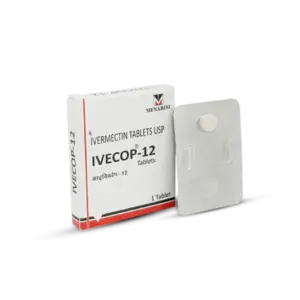by Roba Whiteley, Executive Director, Together Rx Access
June 2012
| Living an eco-friendly lifestyle has numerous benefits for our Earth. And, “going green” can also have a profound impact on our health. The simple changes we make for saving the environment, such as reducing energy use, changing transportation habits, and making different food choices, can also help us live a longer, healthier life. Here are few simple ways to create a greener, healthier lifestyle. Light your rooms with natural sunlight instead of electricity. Opening up your shades and letting in the sunlight during the day cuts back on energy use. It can also improve your mental health and mood. Sunlight helps your body’s calcium absorption through the production of vitamin D. |
Limit use of pre-packaged foods. Production and packaging of these foods requires considerable energy and resources, and over populates landfills. As these foods tend to have higher contents of calories, fat, sodium and sugar, eating them regularly can lead to an unhealthy diet, increasing the risk for obesity, cardiovascular disease, and diabetes.
Cut back on meat consumption. The amount of energy used in the meat production process is substantial and contributes to pollution and environmental degradation. Start a meat-free night for dinner once a week, and introduce new vegetables to your family. You never know, they may like them!
Walk or ride your bike. If possible, walk or bike to places in your neighborhood that are close. You will get the exercise you need to stay fit and healthy, while also doing your part to decrease pollution.
Carpool or use public transportation. If your commute is long, consider carpooling or riding the bus. Not only will this help reduce pollution and gas emissions, but it will also encourage social interaction. Studies have shown that being social can help combat depression and improve mental health. And, if you ride the bus or train, you are also getting exercise as you walk to and from your stops.
Buy organic or locally-produced foods. By choosing organically grown or local foods, you can limit your exposure to pesticides and toxic compounds that can cause health problems. Organic produce is also high in antioxidants, vitamins and minerals. Produce that is transported long distances requires the use of more resources, and is often picked before it is ripe. Some studies suggest that produce that ripens on the plant has more nutrients.
Start your own garden. Nothing is better than freshly picked vegetables or produce from your own garden. Start small with just a few of your favorite fruits or vegetables. Community gardens are also becoming more popular and might be an option if you don’t have space in your own yard.
Avoid using bottled water. The manufacturing and transportation of bottled water uses resources and energy that can put a strain on the environment. Drink tap water, filtered as necessary, and use reusable water bottles as a green and healthy alternative.
Use non-toxic household products. Household cleaners can be a source of pollutants in your home. Many cleaning products contain harmful chemicals that can cause headaches, respiratory problems or exacerbate other health issues. Try some greener alternatives like homemade cleaners using vinegar, baking soda and lemons that might also save you money. You can also buy non-toxic cleaners that are made of natural ingredients. You should also avoid using toxic fertilizers and insecticides that can be harmful to your health and the health of your pets. Environmentally friendly products are available that can help maintain your lawn and control pests.
The relationship we have with our earth is an important one and mutually beneficial. Make going green your new, healthy habit!
Source:





